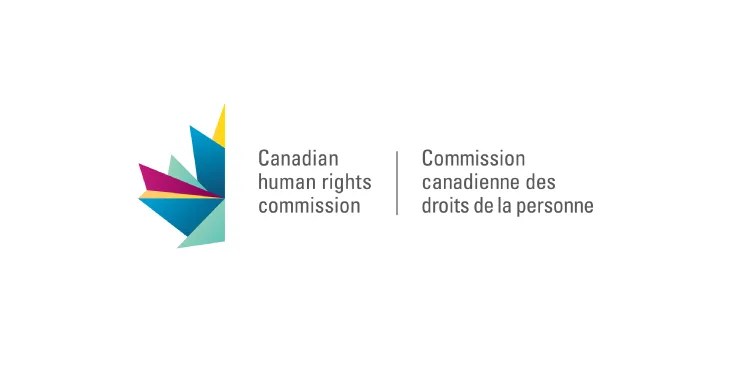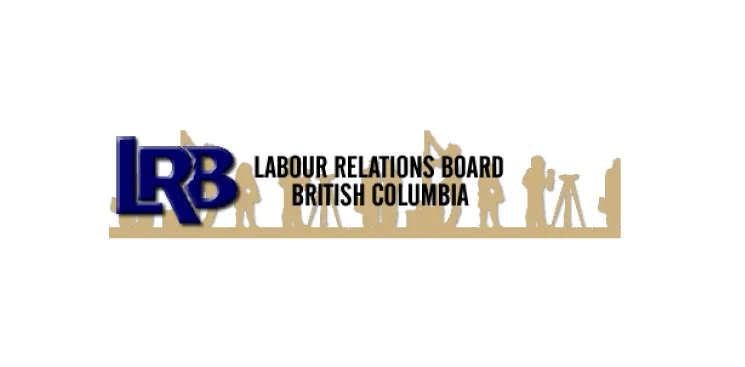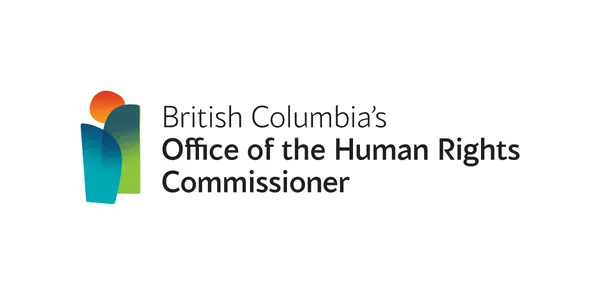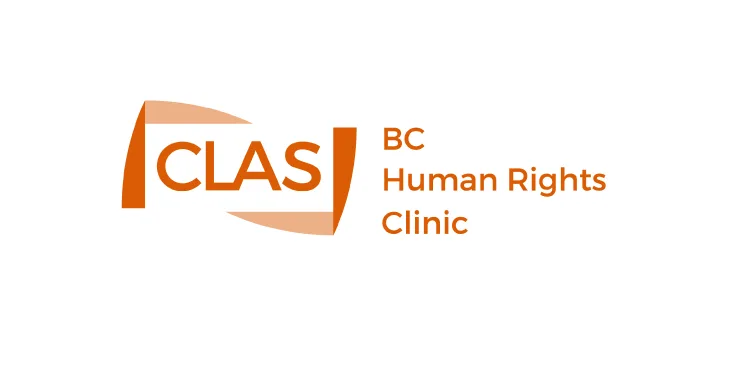
Employers have a duty to accommodate a worker's religious practices.
Workers are individuals, not robots. The requirements of a workplace can affect different workers differently. For example, the requirement to work a regular work week disadvantages a worker whose religion has holy days that fall on a weekday. When a personal characteristic protected under human rights law is involved (such as religion, or age or disability or sex), employers must do what they can to accommodate these differences. Learn about this duty to accommodate.
What you should know
The BC Human Rights Code applies to most employers in the province.
But federal human rights law applies to some employers, including those in federally-regulated industries (such as airlines and telecommunications providers).
The guidance below focuses on your rights under BC’s human rights law. However, many of the same points apply to workers covered by the federal law.
Find out what law applies
The Canadian Human Rights Commission explains what human rights law applies depending on your situation.
The duty to accommodate is connected to the laws against discrimination in the workplace. Under the law in BC, an employer must not discriminate against a worker based on these parts of a person’s identity:
their race, colour, ancestry, or where they’re from
their Indigenous identity
their sex, sexual orientation, or gender identity or expression
their age
any physical or mental disability
their marital or family status (for example, if they have kids)
their political belief or religion
any criminal convictions that are unrelated to the job
These are called protected characteristics. If you’re treated badly or unfairly based on any protected characteristic, it’s discrimination.
“I hurt my shoulder skiing and needed to get surgery. My job involves heavy lifting, so I was worried about getting back to work. I got a note from my doctor explaining how long my recovery would take, and the types of work I’d be able to continue doing. My employer agreed to modify my duties until I’m fully recovered. I really appreciate their efforts to make things easier for me.”
– Nina, Surrey, BC

The requirements of your workplace might pose more problems for you than for other workers, because of your unique circumstances. If you’re a single parent, you may need more flexibility to leave work to deal with emergencies than what’s normally permitted by the workplace policy. If you suffer from insomnia, you may have trouble getting to work at the required time.
Where a protected characteristic is involved — such as marital status or a disability — employers must do what they can to adjust. This duty to accommodate kicks in if the requirements of your workplace have a negative effect on you due to a protected characteristic.
Examples of accommodation
What accommodation looks like varies, depending on the circumstances, including your specific needs, medical evidence, and cost of the accommodation. Your employer might have to:
modify your work area because you have a disability
provide special software or equipment you need because of a disability
let you take a leave of absence to get treatment for an addiction
adjust your schedule while you recover from an injury
change your job duties to ones you are able to perform
Talk to your union representative
If you belong to a union and you feel you have a need for accommodation, talk to your union representative. They can help you communicate with your employer about your specific needs.
If you ask to be accommodated
Once you ask to be accommodated, the request triggers your employer’s duty to learn more about your needs. Even if you don’t ask, your employer may still have a duty to investigate if they themselves suspect you need accommodation. For example, a co-worker may have mentioned to your employer that your recent physical injury appears to hamper your ability to meet all the requirements of your role.
Asking for accommodation
For the steps to ask for an accommodation, see below under work out the problem.
Accommodation is a two-way street. If you ask your employer to accommodate you, you have a duty to cooperate with them.
You must be frank about your situation
Your employer may ask you for information to help them accommodate you. For example, they may ask for information about your health, or want to know more about your religious practices. Generally, they’ll require enough reliable information to confirm you have a real need for accommodation. For example, you may have to provide a medical report that speaks to your restrictions and limitations.
You should do your best to respond to reasonable requests by your employer. Otherwise, you may not get the accommodation that's best for you.
Some types of information you don’t have to share with your employer
If you have a disability and need accommodation, you don’t have to tell your employer what your disability or diagnosis is. All your employer needs to know is:
that you have a disability
how it affects your ability to do the essential tasks of your job
what you need your employer to do
Your employer can’t ask for information that would reveal your diagnosis. For example, they can’t ask you what medication you take. But they can ask about any side effects from your medication that may require accommodation. They can ask if you are following your doctor’s treatment plan. But they’re not entitled to the details of the plan.
Generally, you’re only required to speak with management about accommodation. You should cooperate with experts if their help is required, but this should only occur if your doctor isn't able to provide enough information.
Your employer’s duty to accommodate you isn’t limitless. It extends only to the point where the accommodation starts causing them undue hardship. The perfect solution isn’t required, if that solution would be hugely costly or would seriously hinder other workers.
Some factors that go into deciding whether an accommodation would cause undue hardship include:
the financial cost to your employer
health and safety risks
the size and flexibility of the workplace
the impact on the rights and interests of other workers
The standard of undue hardship is high. Mere inconvenience or disruption isn’t a good enough reason to ignore the accommodation rules. The employer must show they would suffer serious consequences if they accommodated you any further. The law gives more weight to a worker’s right to be free from discrimination than it does to an employer’s right to control their workplace.
Prepare to accept a reasonable solution
In accommodating you, your employer has no obligation to provide the perfect solution, or the specific accommodation you want. You must be prepared to accept an accommodation that provides a reasonable solution.
Work out the problem
If requirements of your workplace have a negative effect on any protected personal characteristic, speak up. Suggest accommodations that could make things better for you. Put your request in writing. We offer some tips on how to talk to your employer or write them a letter.
Allow a reasonable time to respond
Allow your employer a reasonable amount of time to respond to your request. If you and your employer agree on a solution, get it in writing. If your request is refused, ask for a written explanation.
Your employer may ask you for information to help them accommodate you. You should do your best to respond to reasonable requests by your employer. Otherwise, you may not get the accommodation you want.
If your employer wants specific information from your doctor, ask your employer to put their request in writing. If a doctor’s letter is required, your employer should be prepared to pay any fees involved.
If your employer refuses to accommodate you, or fails to provide you with a reasonable accommodation, you may have a claim against them for discrimination. In BC, discrimination claims are heard by the BC Human Rights Tribunal. Under BC law, you must file your complaint within one year of the alleged discrimination. We walk you through the steps involved in making a human rights complaint.
Common questions
Possibly, but not necessarily. Your employer’s duty to accommodate doesn't protect you from being let go. If your disability prevents you from performing your job, your employer may have no choice.
For example, say you’re an airline pilot. You have an accident that leaves you blind in one eye. Now you’re no longer qualified, by aviation law, to perform the job. No accommodation by your employer would change that.
However, your employer must do what they can for you, up to the point of incurring undue hardship. For example, they may have to install an assistance device in the workplace. If they fail to do so, you may have a human rights claim against them. See above, under what you should know.
If the information provided by your own doctor isn’t sufficient to establish that the requested accommodation is necessary, or there is some other reasonable basis for additional information, your employer can request an “independent medical exam” from a different doctor. Your employer should only ask for this to help figure out what accommodation you need, and only if the medical information from your own doctor isn't sufficient.
Your employer isn’t supposed to ask for this:
as a way of questioning whether you need accommodation
to avoid giving you accommodation
See above, under what you should know, for more on what information your employer can ask you to provide.
It depends. Your employer is required to accommodate you up to the point of undue hardship. If your employer is a small company with limited funding, the cost of the renovations to install wheelchair ramps might be prohibitive. But installing ramps may not cause undue hardship to a larger, profitable company.
You should also be open to other reasonable solutions, short of ramp installation. Suggest options to your employer that would work for you. Accommodation is a legal right that comes with a corresponding legal duty; all parties have an interest in working together to find a solution.
Who can help
The BC Human Rights Tribunal lists organizations that can help if you feel you’ve been discriminated against. Below are some of the key ones.

BC Human Rights Tribunal
Receives and resolves discrimination complaints under BC law.

Canadian Human Rights Commission
Deals with discrimination complaints under federal human rights law.

Labour Relations Board
May be able to help if your union has refused to file a grievance for you.

BC’s Office of the Human Rights Commissioner
Works on systemic human rights issues and educates people about human rights in BC.

BC Human Rights Clinic
Provides free assistance and representation to those who qualify for help with a discrimination complaint under BC law.

Access Pro Bono's Legal Advice Clinics
Volunteer lawyers provide 30 minutes of free legal advice to people with low or modest income.

Access Pro Bono’s Everyone Legal Clinic
Clinicians provide affordable fixed-fee services on a range of everyday legal problems.

BC Legal Referral Service
Helps you connect with a lawyer, notary or paralegal for a free 15- to 30-minute consult to see if you want to hire them.

BC Legal Directory
Search for a lawyer by community, area of law, or language spoken. From the Canadian Bar Association, BC Branch.

